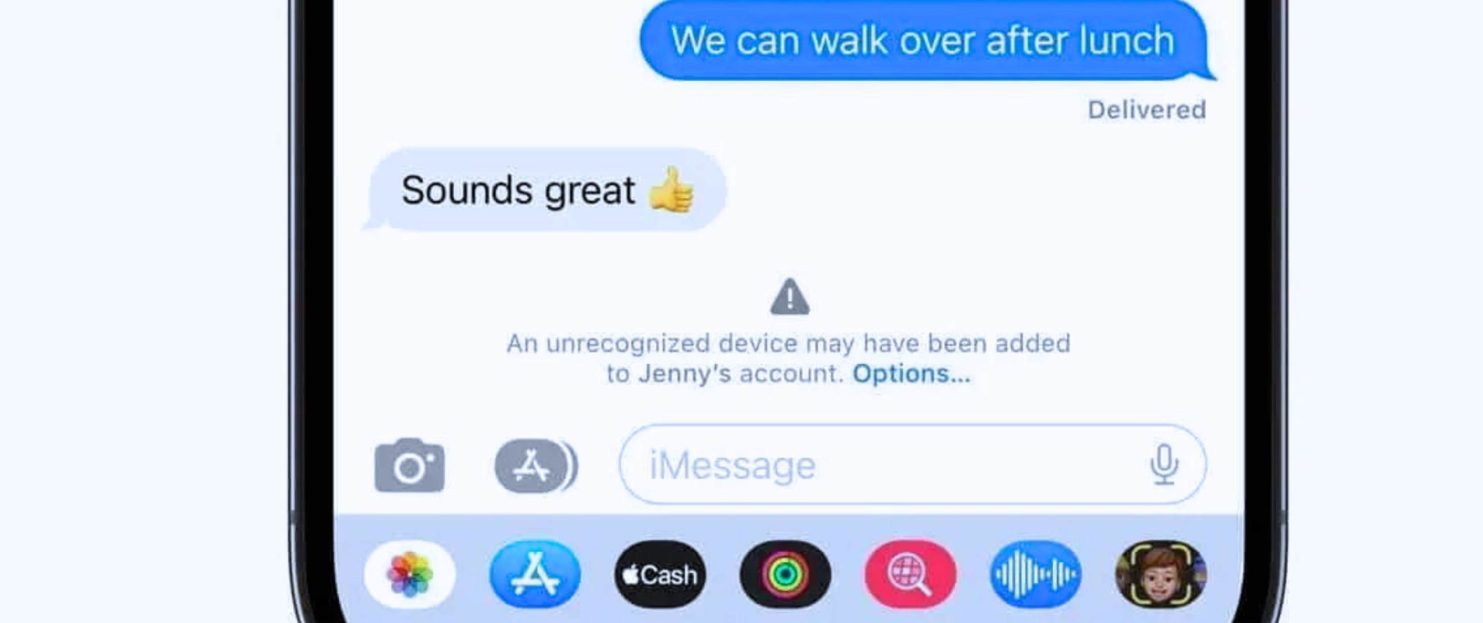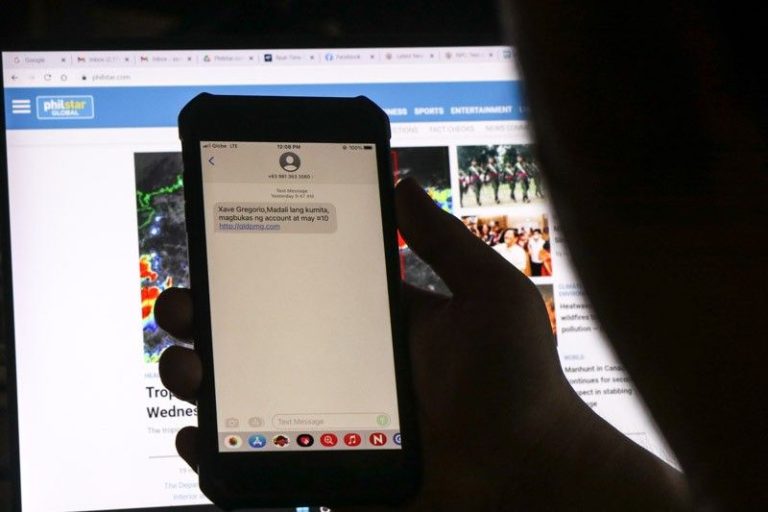In the age of digital communication, where texting has become a primary mode of interaction, many wonder about the privacy and visibility of their messages. This article delves deep into the question: do iMessages show on phone bill? We will explore the technical aspects, privacy implications, and legal considerations surrounding this topic.
Contents
Understanding iMessages and Phone Bills
What are iMessages?
iMessages are Apple’s proprietary messaging service available exclusively on Apple devices. They differ from traditional SMS (Short Message Service) messages, which are typically handled by your cellular carrier. iMessages rely on an internet connection (Wi-Fi or cellular data) to send and receive messages, photos, videos, and other media.
What’s on a Phone Bill?
Your phone bill, issued by your cellular carrier, details the charges incurred for your cellular service during a billing cycle. It typically includes:
- Voice Calls: Duration, time, and sometimes the phone number of calls made and received.
- Text Messages (SMS): Number of SMS messages sent and received.
- Data Usage: Amount of data used for internet browsing, app usage, and streaming.
- Other Charges: Additional fees for services like roaming, international calls, or premium subscriptions.
Do iMessages Show on Phone Bill? The Short Answer
No, iMessages themselves do not show on your phone bill. Since iMessages are transmitted over the internet, they are not considered part of your cellular carrier’s SMS or MMS (Multimedia Messaging Service) traffic.
What Might Show on Your Phone Bill?
While iMessages themselves remain invisible on your phone bill, certain activities related to iMessages might indirectly appear:
- Cellular Data Usage: If you send or receive iMessages while connected to cellular data, the data used for these messages will contribute to your overall data usage.
- SMS Fallback: In some instances, if an iMessage fails to send over the internet, it might automatically be sent as an SMS. This SMS would then show up on your phone bill.
Privacy Implications
The fact that iMessages do not show on phone bill has significant privacy implications:
- Content Privacy: The content of your iMessages (text, photos, videos) remains private and is not accessible to your cellular carrier.
- Metadata Privacy: While the content is private, some metadata (information about the message) might be logged by Apple. This could include:
- Sender and Recipient: The phone numbers or Apple IDs of the people involved in the conversation.
- Time and Date: When the message was sent and received.
- Message Size: The amount of data used for the message.
Legal Considerations
Law Enforcement Access
While iMessages are generally private, law enforcement agencies can request access to iMessage data from Apple under certain circumstances, typically with a warrant.
Data Retention
Apple retains iMessage data on its servers for a certain period. The exact duration might vary depending on the type of data and Apple’s policies.
Frequently Asked Questions
Can my parents see my iMessages on the phone bill?
No, parents cannot see the content of your iMessages on the phone bill. However, if you’re on a family plan, they might see data usage associated with iMessages.
Can my employer see my iMessages?
If you use a company-issued device, your employer might have access to your iMessages depending on their device management policies.
Are iMessages completely private?
iMessages offer a high level of privacy compared to traditional SMS messages. However, Apple might retain some metadata, and law enforcement can request access under specific circumstances.
Can I hide my iMessages from my phone bill?
You don’t need to hide iMessages from your phone bill as they don’t appear there in the first place.
Conclusion
In conclusion, iMessages do not show on phone bill, offering a significant degree of privacy for your conversations. However, it’s essential to be aware of the potential indirect visibility through data usage and the possibility of law enforcement access under specific circumstances.
Read More: Decoding Your T-Mobile Bill: Does it Show Text Messages?







